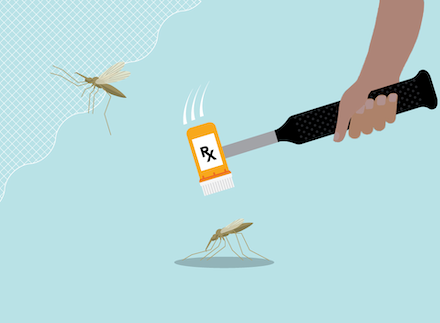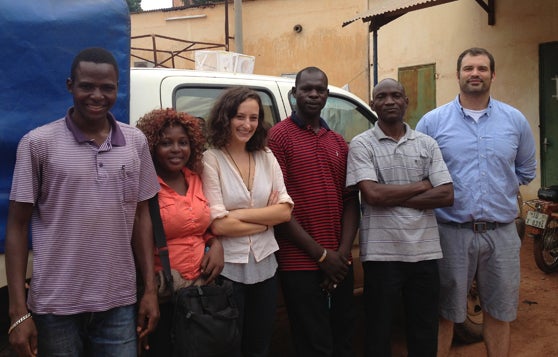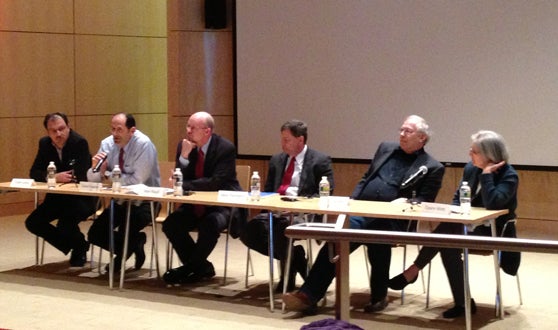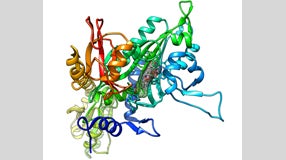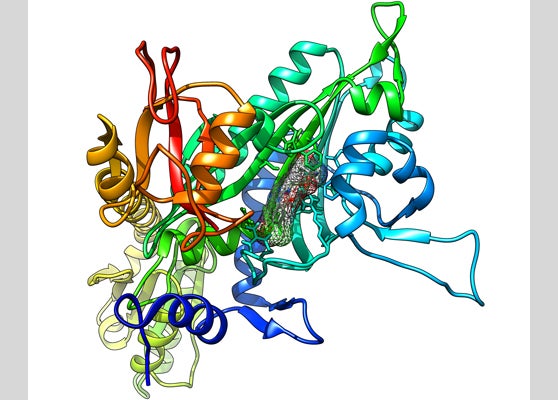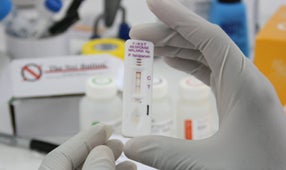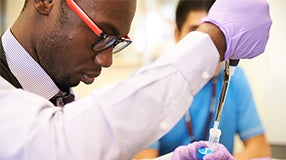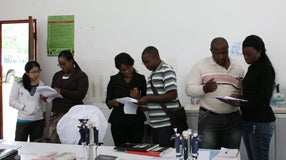Malaria Workshops
The Harvard T.H. Chan School of Public Health is committed to providing expertise, technology transfer, and training to scientists from around the world in order to better inform policies and practice toward global malaria control, surveillance, and elimination.
malERA Refresh
Boston, MA
Led by Dr. Regina Rabinovich, ExxonMobil Malaria Scholar in Residence at Harvard University, the Malaria Eradication Scientific Alliance (MESA) is initiating a ‘refresh’ of the 2011 findings of the Malaria Eradication Research Agenda (malERA). MESA’s goal is to update the multi-disciplinary malERA agenda to enable the global malaria community, public health advocates, and global health leaders to accelerate action toward malaria elimination and eradication. Six expert panels have been established, each chaired by a leading expert in the field. The Basic Science and Enabling Technologies Panel is chaired by Dyann Wirth, Richard Pearson Strong Professor of Infectious Diseases Chair, Department of Immunology and Infectious Diseases and co-chaired by Elizabeth Winzeler, Professor at the University of California-San Diego School of Medicine, and Dr. Lee Hall, Chief of Parasitology and International Programs Branch, Division of Microbiology and Infectious Diseases, National Institute of Allergy and Infectious Diseases. Panelists are responsible for examining current hypotheses and identifying new priority research areas to accelerate progress. Their recommendations, based on a convening meeting held at Harvard University in 2015, will be published in PloS Medicine in 2016 with support from the Bill & Melinda Gates Foundation.
